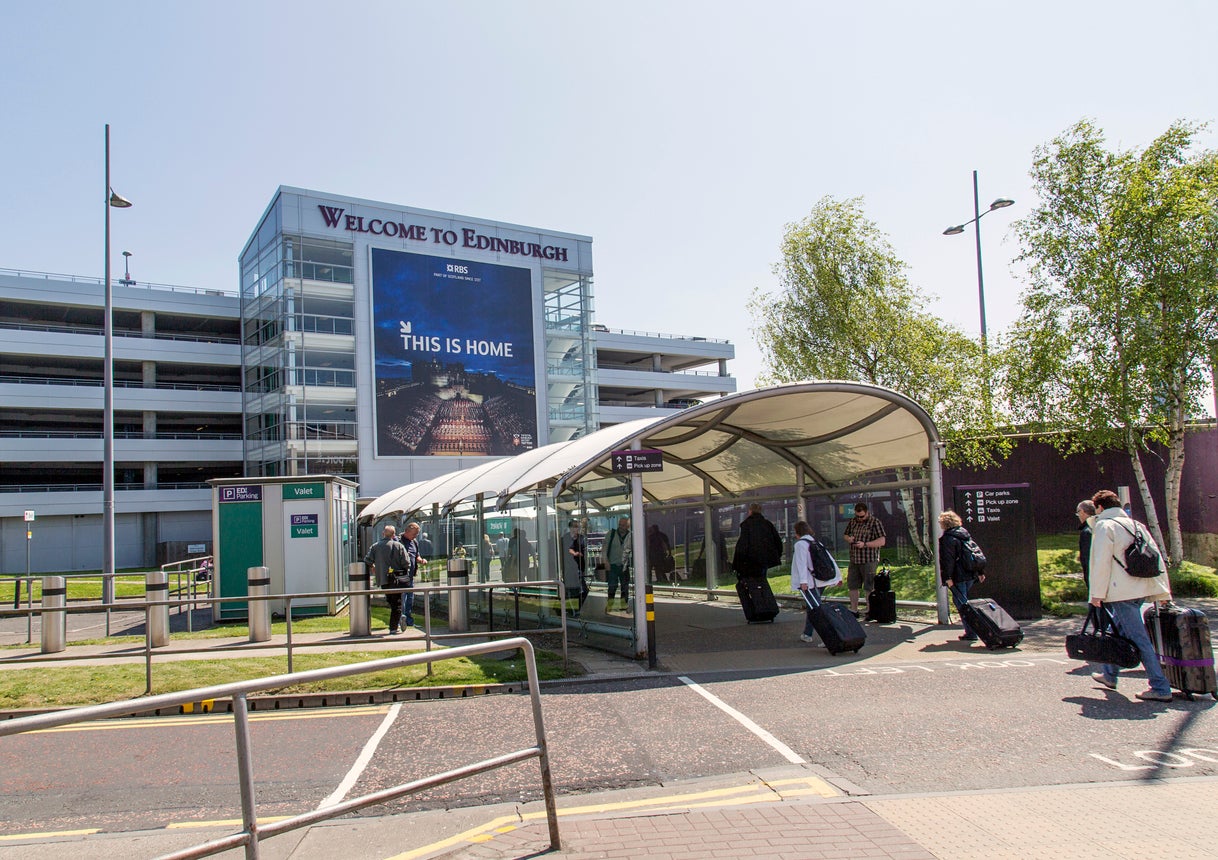Your support helps us to tell the story
From reproductive rights to climate change to Big Tech, The Independent is on the ground when the story is developing. Whether it's investigating the financials of Elon Musk's pro-Trump PAC or producing our latest documentary, 'The A Word', which shines a light on the American women fighting for reproductive rights, we know how important it is to parse out the facts from the messaging.
At such a critical moment in US history, we need reporters on the ground. Your donation allows us to keep sending journalists to speak to both sides of the story.
The Independent is trusted by Americans across the entire political spectrum. And unlike many other quality news outlets, we choose not to lock Americans out of our reporting and analysis with paywalls. We believe quality journalism should be available to everyone, paid for by those who can afford it.
Your support makes all the difference.Scotland’s new travel ban, which is due to come into effect on Friday, will make going to the airport for leisure reasons illegal for those living in level 3 and 4 areas.
However, international travel won’t be illegal under the same restrictions.
Scottish Cabinet Secretary for the Constitution Mike Russell told the Scottish parliament: “International travel won’t be illegal because it would be for the UK government to do that, but travelling to the airport or to a port for that purpose would be against the regulations.”
At present, those living in levels 3 and 4 are told they should avoid travelling outside of their area for non-essential reasons.
But the new law being introduced on Friday will finally give police the power to enforce the ban.
Those found breaching the rules are liable to pay fines of £30, which double to £60 if not paid within 28 days. The fines can go up to £960 for those found to be repeatedly flouting the rules.
Assistant Chief Constable Alan Speirs said in response to the changing legislation: “The Chief Constable has said publicly on numerous occasions that we will not be routinely stopping vehicles or setting up road blocks, and that will not change as a result of travel restrictions now being in law.
"However, officers may in the course of their duties come across people who are travelling from one local authority area to another. In areas where travel restrictions apply, officers will continue to use the common sense, discretion and excellent judgement that they have applied since the crisis began."
John Swinney, Scotland’s deputy first minister, has admitted that the new restrictions will be very difficult to enforce, reports The Times.
He told BBC Radio Scotland’s Good Morning Scotland programme: “If someone was stopped by police – a very unlikely circumstance – on the way to a hospital, if they were to explain they [were] going to hospital for a critical appointment that would be the end of the matter. They don’t need to have paperwork to substantiate that and I don’t envisage it happening.”
From 6pm on Friday 20 November, Angus, Clackmannanshire, Dundee City, Edinburgh, Falkirk, Fife, Inverclyde, North Ayrshire and Perth and Kinross will move into level 3.
East Ayrshire, East Dunbartonshire, East Renfrewshire, Glasgow, North Lanarkshire, Renfrewshire, South Ayrshire, South Lanarkshire, Stirling, West Dunbartonshire and West Lothian will move into level 4.


Join our commenting forum
Join thought-provoking conversations, follow other Independent readers and see their replies
Comments